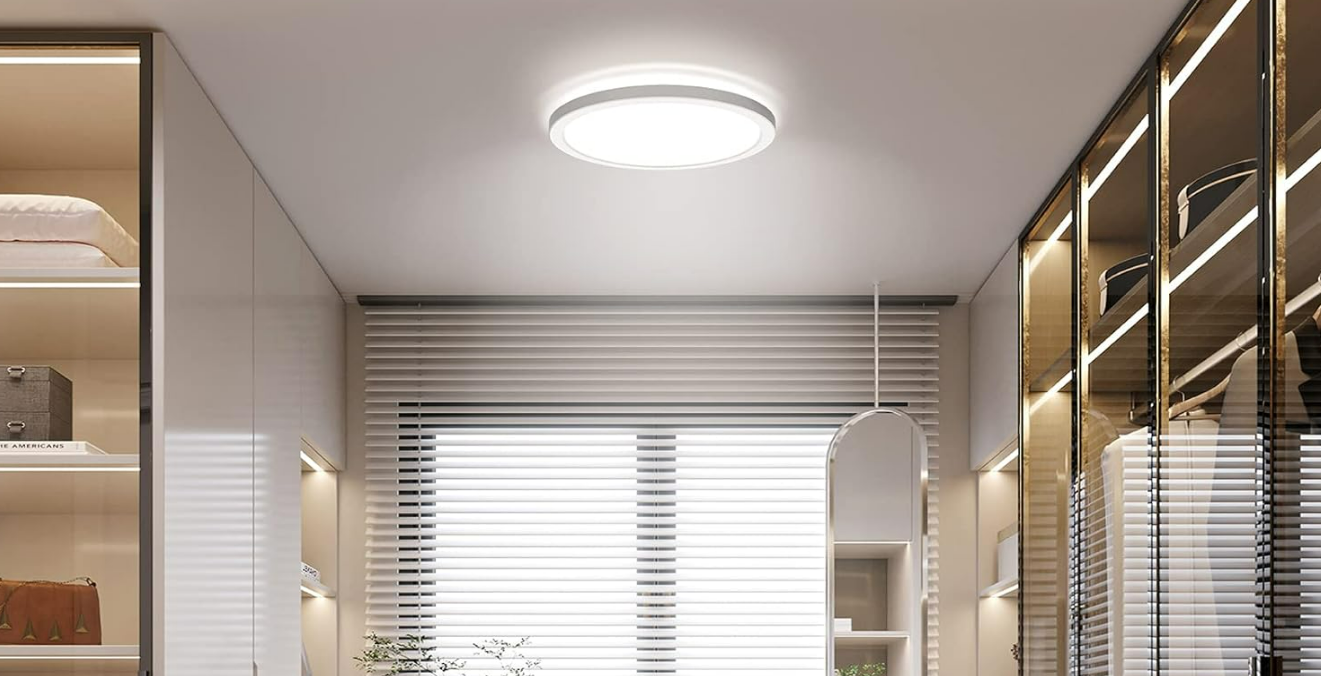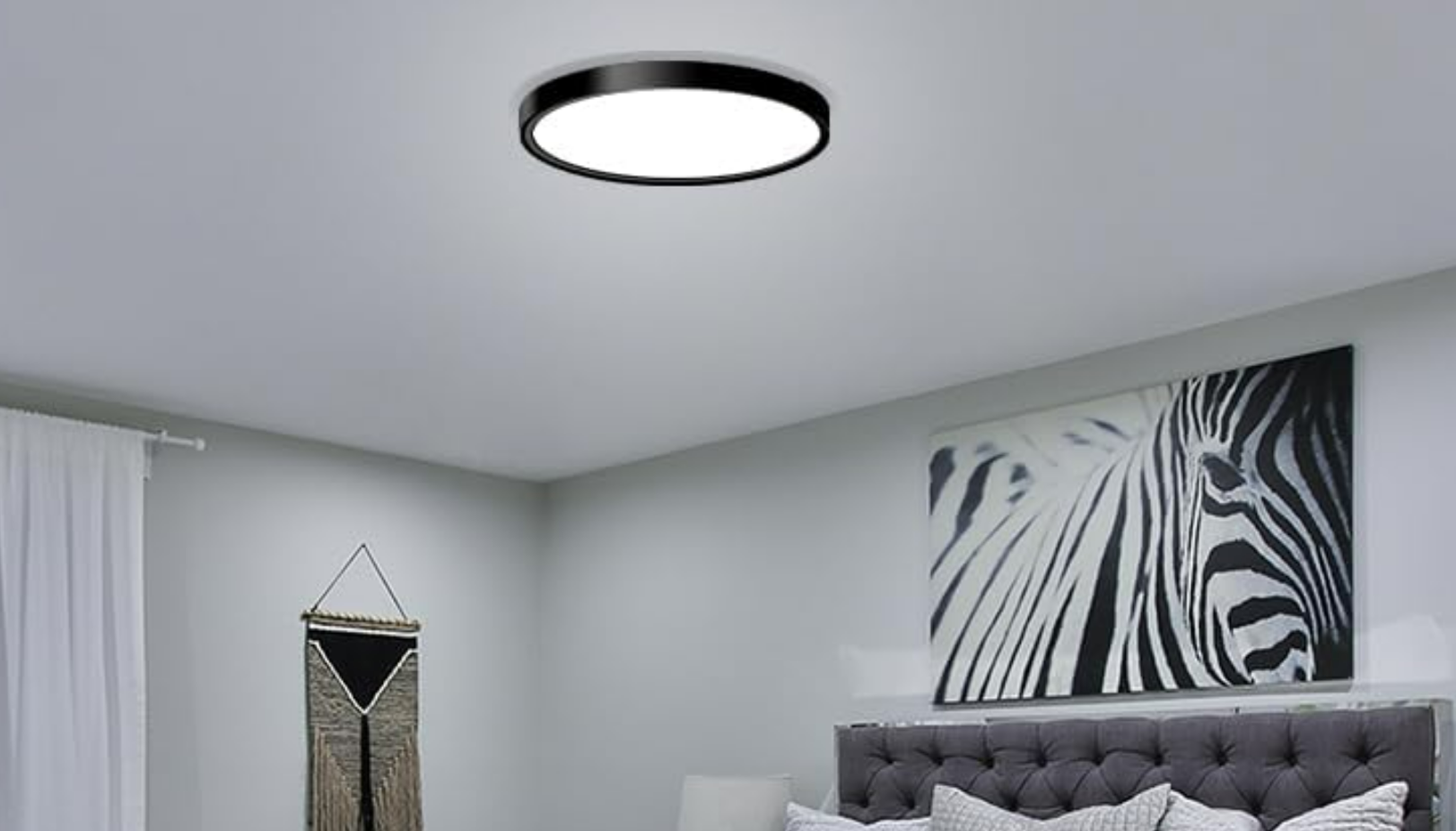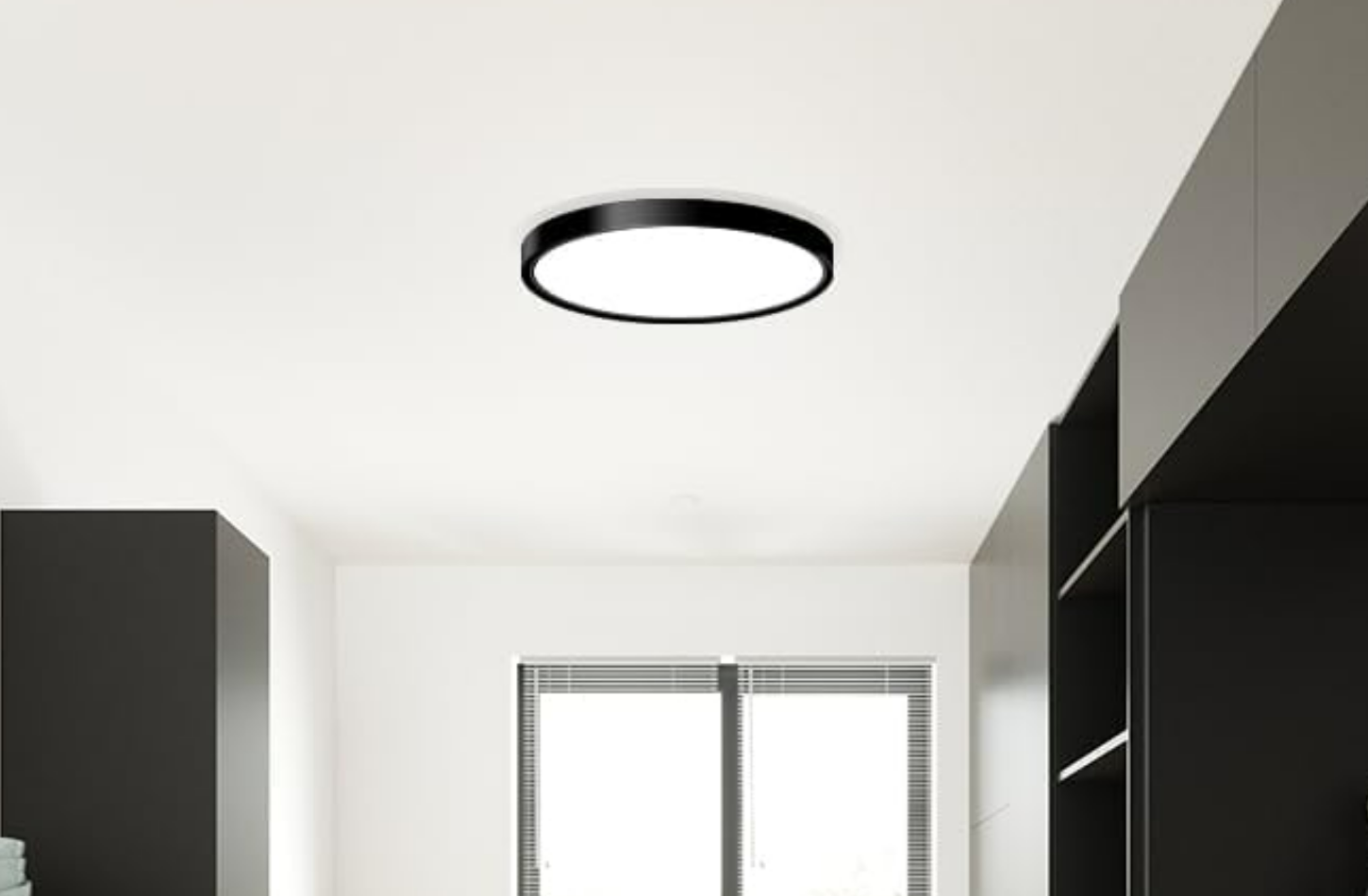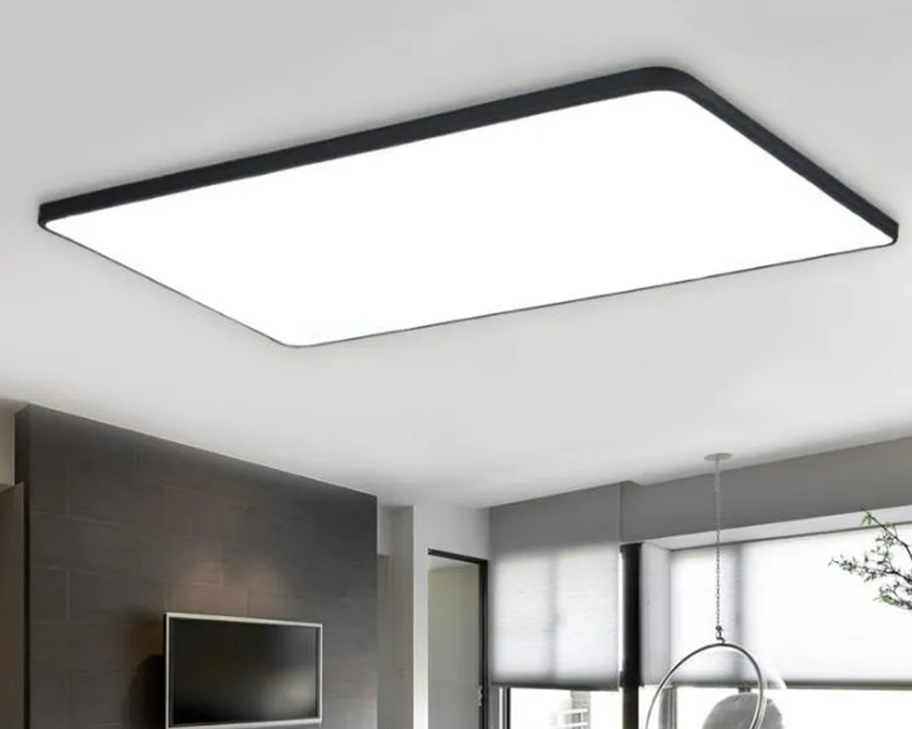In today’s lighting market, smart LED ceiling lights and IP54-rated ceiling lights are redefining how businesses illuminate spaces, drive efficiency, and deliver measurable value to suppliers and customers alike.

Market Overview and Segments
Smart LED ceiling lights: These products combine high-efficiency LEDs with wireless connectivity, enabling remote control, scheduling, dimming, color temperature adjustment, and integration with building management systems (BMS) or voice assistants. They appeal to offices, retail spaces, hospitality, healthcare, and education sectors seeking energy savings, smarter asset management, and enhanced occupant experience.
IP54 ceiling lights: Built to withstand dust and water splashes, IP54 fixtures are favored in corridors, warehouses, parking garages, outdoor entryways, and semi-outdoor environments. Their rugged design reduces maintenance costs and downtime while delivering reliable illumination in challenging conditions.

Suppliers: Value Propositions and Differentiation
For suppliers, success hinges on aligning product capabilities with customer workflows and total cost of ownership.
Energy efficiency and operational savings: LED technology and smart controls deliver lower electricity bills and longer service life. Suppliers should quantify payback periods and lifecycle cost analyses to justify investment.
Connectivity and interoperability: Compatibility with common platforms and building ecosystems is crucial. Offering open APIs and modular designs helps customers scale across multiple sites.
Durability and compliance: IP54-rated options, rugged housings, and adherence to standards (UL, CE, RoHS) reduce risk for facilities teams, particularly in industrial or outdoor-adjacent spaces.
Installation and maintenance simplicity: Easy retrofits, tool-free mounting, and reliable drivers minimize downtime and service calls, which is a strong selling point for procurement teams.
Customers: Key Requirements and Buying Triggers.
Total Cost of Ownership : Customers evaluate upfront price versus long-term savings from energy efficiency, maintenance reductions, and extended lifespan.
ROI and payback: Clear financial models showing return on investment over 2–5 years are persuasive for corporate buyers and facilities managers.
User experience and adaptability: Facilities teams favor systems that can be controlled centrally, scheduled, and integrated with occupancy sensors to optimize lighting based on usage.
Durability and safety: IP54 ceiling lights provide resilience in harsh environments, while smart features must not compromise reliability or maintenance access.
Brand and service: Trusted manufacturers with robust warranties, readily available spare parts, and responsive after-sales support win confidence in multi-site deployments.
Market Trends and Opportunities
Multi-site rollouts: Enterprises seek standardized lighting platforms across campuses or networks, driving demand for scalable smart lighting solutions with centralized management.
Sustainability mandates: Governments and corporations push for energy efficiency and reduced carbon footprints, accelerating adoption of high-lumen, long-life LEDs with intelligent controls.
Smart building ecosystems: Integration with IoT, BIM models, and occupancy analytics creates value beyond lighting—security, comfort, and operational efficiency.
Industrial-grade smart IP54 options: There is growing interest in smart, weatherproof, and vandal-resistant IP54 fixtures for warehouses, egress lighting, and outdoor walkways.
Channel diversification: OEMs, distributors, lighting integrators, and contract installers are expanding partnerships to meet diverse project scopes and service level expectations.

Strategic Considerations
For suppliers: Invest in modular, interoperable smart ecosystems; emphasize reliability and service in long-term contracts; offer flexible pricing models for volume projects.
For customers: Prioritize total value over initial cost; demand transparent ROI analyses; require robust warranties and service commitments; plan phased rollouts to minimize disruption.
For distributors and integrators: Build strong technical support, provide easy-to-specify product catalogs, and offer turnkey installation and commissioning packages.
In summary, smart LED ceiling lights and IP54 ceiling lights represent a compelling convergence of energy efficiency, resilience, and intelligent control. For suppliers, customers, and market ecosystems, the opportunity lies in delivering reliable, interoperable solutions that reduce costs, simplify operations, and support scalable, data-driven facilities management.


